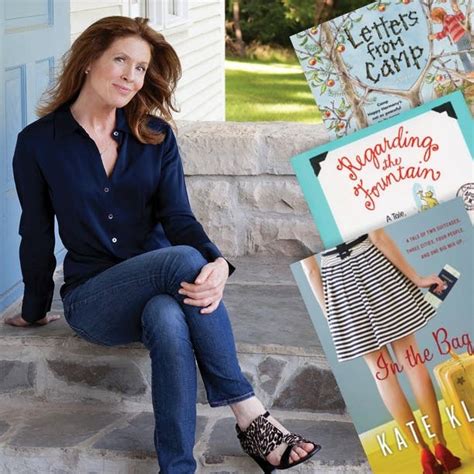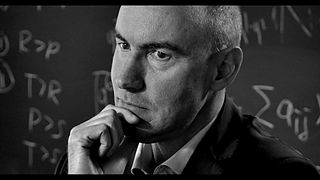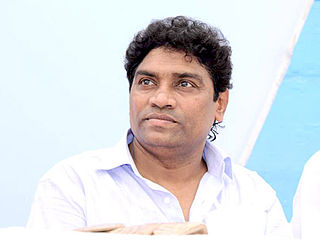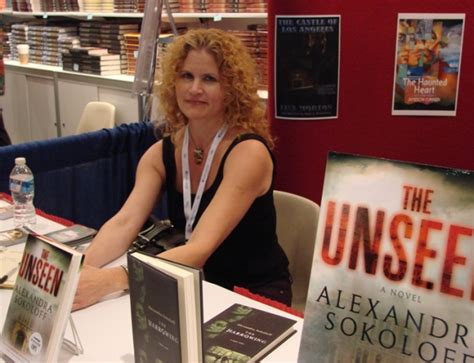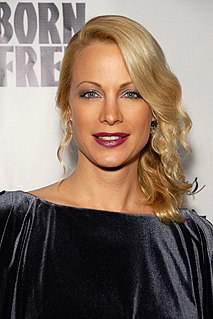A Quote by Kate Klise
As writers, we must keep throwing problems at our characters. Conflict is the heart of good storytelling. Hiking in nature along a twisting trail can remind us what a good story feels like. It's the opposite of a treadmill - or an interstate highway.
Related Quotes
We all want explanations for why we behave as we do and for the ways the world around us functions. Even when our feeble explanations have little to do with reality. We’re storytelling creatures by nature, and we tell ourselves story after story until we come up with an explanation that we like and that sounds reasonable enough to believe. And when the story portrays us in a more glowing and positive light, so much the better.
Many problems that challenge us today can be traced back to a profound tension between what is good and desirable for society as a whole and what is good and desirable for an individual. That conflict can be found in global problems such as climate change, pollution, resource depletion, poverty, hunger, and overpopulation.
Our ingenuity in feeding ourselves is prodigious, but at various points our technologies come into conflict with nature's ways of doing things, as when we seek to maximize efficiency by planting crops or raising animals in vast mono-cultures. This is something nature never does, always and for good reasons practicing diversity instead. A great many of the health and environmental problems created by our food system owe to our attempts to oversimplify nature's complexities, at both the growing and the eating ends of our food chain.
Storytelling is an act of cruelty. We are cruel to our characters because to be kind is to invite boredom, and boredom in storytelling is synonymous with big doomy death-shaped death. So: be cruel to your protagonist. Rob him of something. Something important. Something he needs. A weapon. An asset. A piece of knowledge. A loved one. A DELICIOUS PIE. Take it away! Force him to operate without it. Conflict reinvigorates stale stories. New conflict, or old conflict that has evolved and grown teeth.
I think all writers are always collecting characters as we go along. Not just characters of course, we're collecting EVERYTHING. Bits and pieces of story. An interesting dynamic between people. A theme. A great character back story. A cool occupation. The look of someone's eyes. A burning ambition. Hundreds of thousands of bits of flotsam and jetsam that we stick in the back of our minds like the shelves full of buttons and ribbons and fabrics and threads and beads in a costumer's shop.
I was fortunate enough not to grow up in Hollywood, so I feel that was a blessing. Being surrounded by nature and animals always kept me grounded and happy. My parents were smart to keep my brother and I away from that nonsense. I do live in the LA area now, but I keep my balance by hiking in the mountains with my dogs and taking trail
rides every week on my horse.
We've learned over the years that if we wanted we could write anything that just felt good or sounded good and it didn't necessarily have to have any particular meaning to us. As odd as it seemed to us, reviewers would take it upon themselves to interject their own meanings on our lyrics. Sometimes we sit and read other people's interpretations of our lyrics and think, 'Hey, that's pretty good.' If we liked it, we would keep our mouths shut and just accept the credit as if it was what we meant all along.
Our tragedy today is a general and universal physical fear so long sustained by now that we can even bear it. There are no longer problems of the spirit. There is only the question: When will I be blown up? Because of this, the young man or woman writing today has forgotten the problems of the human heart in conflict with itself which alone can make good writing because only that is worth writing about, worth the agony and the sweat. He must learn them again.
